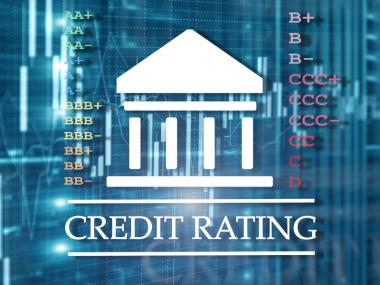Some African countries have been grappling with unsolicited credit ratings issued by the ‘big three’ international credit rating agencies (CRAs) without a request or agreement with the rated sovereign or entity for which the CRAs do not receive compensation. Thus, there is no formal contractual relationship between the rated entity and the rating agency. Unsolicited credit ratings are issued at the sole discretion of the rating agencies on the basis of publicly available information, in contrast to solicited credit ratings which incorporate public and non-public information. This issue around unsolicited rating has not been afforded due attention, despite the serious challenges and the dissatisfaction it causes. The issuance of unsolicited ratings can have material negative downside impact.
First, unsolicited ratings are usually neither participatory nor consultative with government representatives during the review process, which means that CRAs do not gain an adequate understanding of the sovereign risk exposures and the government’s strategy in addressing the downside risk factors. Second, the lack of an agreement with government opens a door for CRAs to use unfavourable ratings as a credible ‘threat’, forcing countries into contracts. Third, in the absence of a written protocol or guideline on how unsolicited ratings should be conducted, evidence from prior cases indicate that they are likely to result in low ratings. Lastly, because of the lack of compensation, agencies that issue unsolicited rating may invest the least resources – analysts, stakeholder consultations and time – which can compromise the quality of the rating outcome. However, given the influence that CRAs have on the international financial markets and the importance of investors’ perception of risk, African governments face pressure from these unsolicited rating, which may unduly influence their decisions to contract CRAs.
